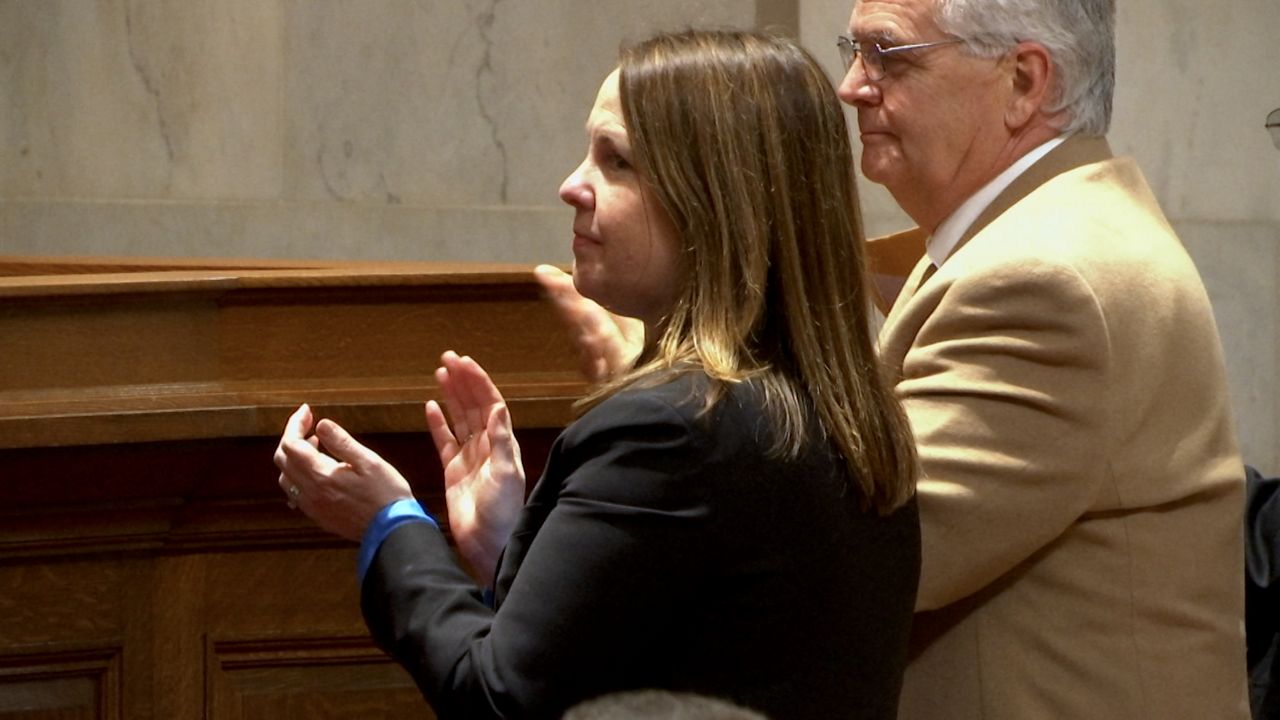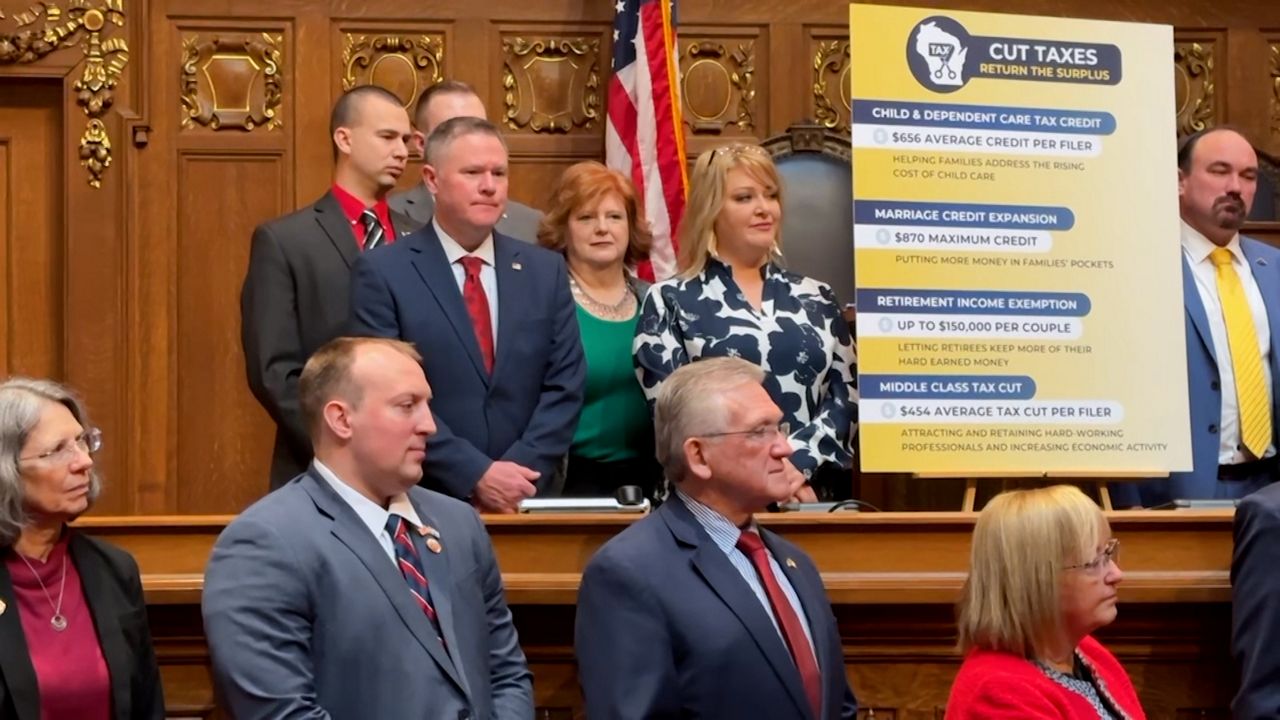MADISON, Wis. — Calling for compromise on the state’s workforce issues, Gov. Tony Evers took to the floor of the Assembly Chambers on Tuesday night to deliver his sixth State of the State address.
“This past year has shown there’s much we can accomplish when we work together,” Gov. Evers said. “Today, there are pressing issues that demand our work bridging partisan divides continues.”
From shared revenue to funding for the Brewers stadium, Gov. Evers pointed to those bipartisan accomplishments as a reason why Democrats and Republicans should be able to tackle the next big challenge: Wisconsin’s workforce.

“From my vantage point, three things are key to addressing our state’s workforce challenges: first, we must find a long-term solution to our state’s looming child care crisis; second, we must expand paid family leave; and third, we must invest in public education at every level, from early childhood to our technical colleges and universities,” Gov. Evers added.
However, the message fell flat for some Republicans who said the governor’s vision doesn’t align with the reality of the state’s financial picture.
“Wisconsin’s priorities are fully funded, and yet the state is still projected to have a $4 billion surplus,” State Sen. Devin LeMahieu, R-Oostburg, said during the rebuttal address. “That surplus should not be spent to further grow the size of government as the governor suggests or create new entitlement programs, or even sit in a bank account in Madison earning interest.”

Those comments come after Republicans unveiled another income tax cut plan earlier in the day with the hopes that focusing on the middle class could earn the governor’s signature.
It’s that kind of compromise that Evers seems to want to see happen more often.
“I will never expect Republicans and Democrats in this building to agree with each other—or me, for that matter—on the merits of every policy 100 percent of the time,” Gov. Evers explained. “That’s democracy. But there is no excuse for not being willing to work together on what everyone agrees is the most pressing issue facing our state.”



